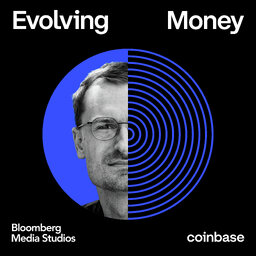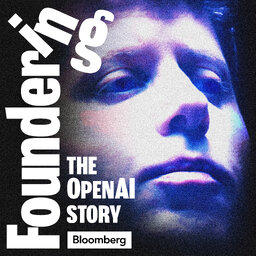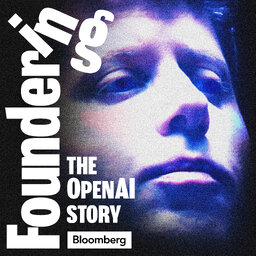OpenAI Part 1: The Most Silicon Valley Man Alive
Sam Altman, CEO of OpenAI, shot to tech stardom with the release of ChatGPT. His company is one of the most valuable startups in the world, and he is treated like an ambassador for the AI future, zipping around the globe, meeting with world leaders. But how did he amass so much power? In this episode, reporter Ellen Huet looks at Altman’s rise and his penchant for forming close bonds with powerful Silicon Valley figures, who in turn have lent their influence and money to his ever-growing ambitions.
In 1 playlist(s)
Foundering
Foundering is an award-winning, serialized podcast from the journalists at Bloomberg Technology. Eac…Social links
Follow podcast
Recent clips

Evolving Money: Rebuilding the Creator Economy (Sponsored Content)
18:29

OpenAI Part 5: Beware the Ides of November
47:50

OpenAI Part 4: Heaven and Hell, Part 2
21:59
 Foundering
Foundering